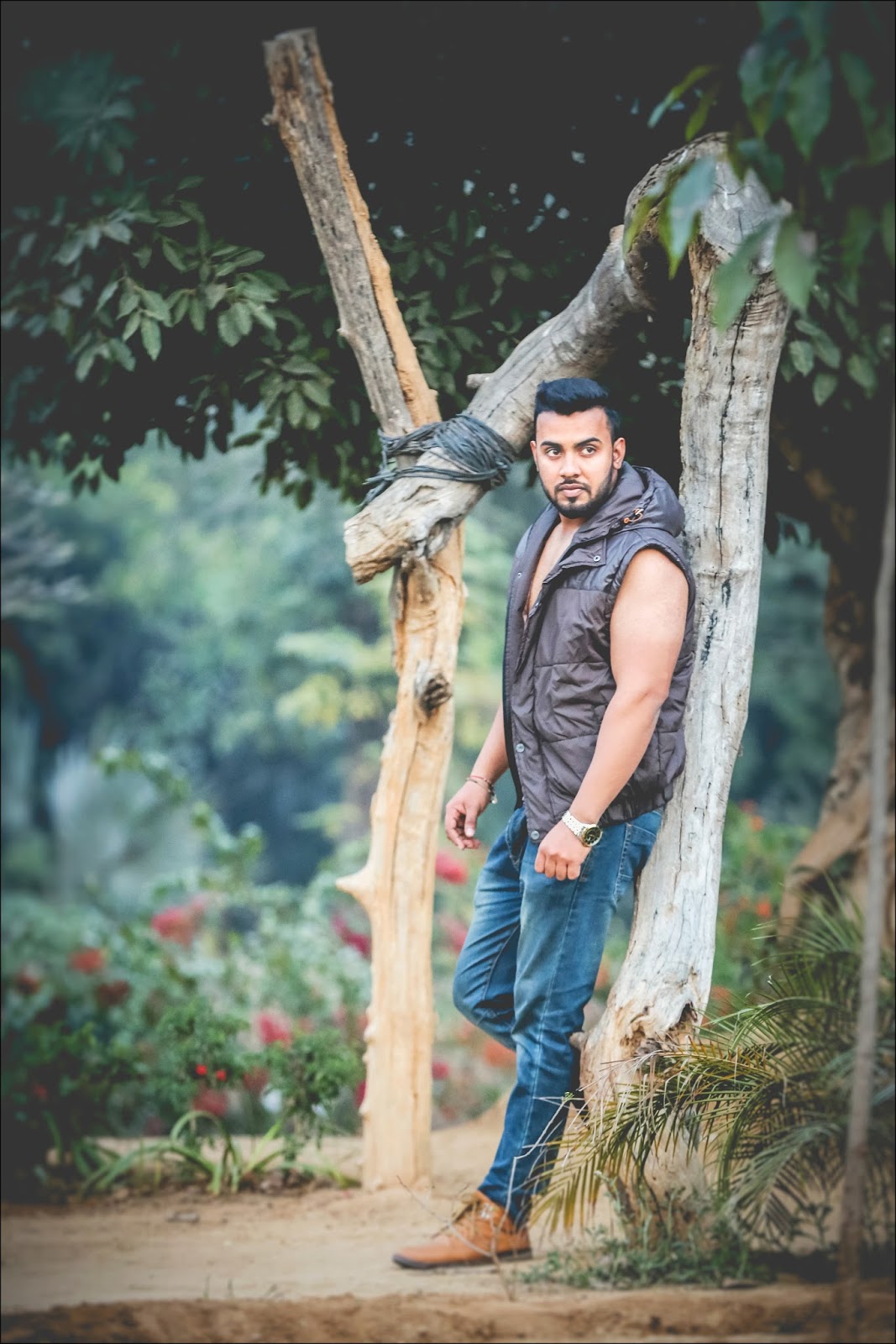1. Compose in Thirds.
To use the rule of thirds, imagine four lines, two lying horizontally
across the image and two vertical creating nine even squares. Some
images will look best with the focal point in the center square, but
placing the subject off center will often create a more aesthetically
composed photograph. This is very effective tip for photography.When a photograph is composed using the rule of
thirds the eyes will wander the frame. A picture composed by the rule of
thirds is more interesting and pleasing to the eye.So this is a best tip for the photographer.
Camera shake or blur is something that can plague any photographer and here are some ways to avoid it. First, you need to learn how to hold your camera properly; use both hands, one around the body and one around the lens and hold the camera close to your body for support. Also make sure you are using a shutter speed that matches the lens focal length. So if you’re using a 100mm lens, then your shutter speed should be no lower than 1/100th of a second. Use a tripod or mono pod whenever possible. In lieu of this, use a tree or a wall to stabilize the camera.
2. Avoid Camera Shake
Camera shake or blur is something that can plague any photographer and here are some ways to avoid it. First, you need to learn how to hold your camera properly; use both hands, one around the body and one around the lens and hold the camera close to your body for support. Also make sure you are using a shutter speed that matches the lens focal length. So if you’re using a 100mm lens, then your shutter speed should be no lower than 1/100th of a second. Use a tripod or mono pod whenever possible. In lieu of this, use a tree or a wall to stabilize the camera.
3. The Sunny 16 Rule
The idea with the Sunny 16 rule is that we can use it to predict how to
meter our camera on a sunny outdoor day. So when in that situation,
choose an aperture of f/16 and 1/100th of a second shutter speed
(provided you are using ISO 100). You should have a sharp image that is
neither under or over exposed. This rule is useful if you don’t have a
functioning light meter or if your camera doesn’t have an LCD screen to
review the image.
About Unknown
Hi,I am a professional photographer and trainer in different gymnasiums in different areas












